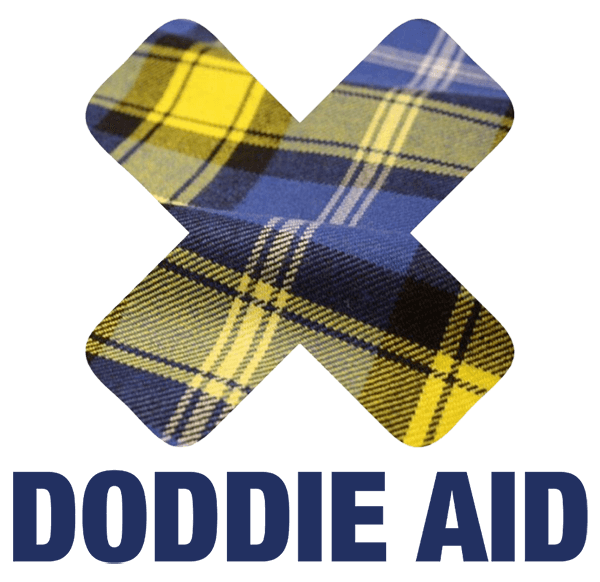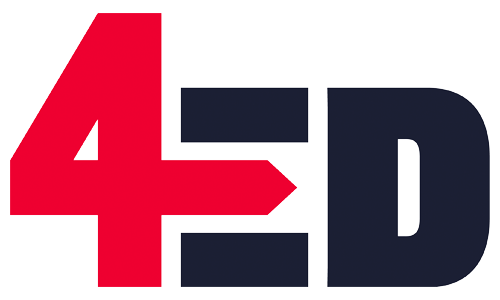Beach Rugby is a unique form of contact rugby. Being neither Rugby League nor Rugby Union, and despite being popular in Europe and in Australia, there is currently no centralized regulation of the sport and is hence classified as a ‘Leisure Activity’.
COMPETITION RULES and LAW VARIATIONS
- Playing Area: Length = approx.35m ; Breadth = approx.25m ; In-goal = 2m each end.
- Time: All matches up to and including Semi-finals shall consist of two periods of 4 minutes each with a 1 minute interval. The Finals will be two periods of up to 6 minutes each with a 2 minute interval. Timings may be altered to suit the restraints of the tournament. “Paper, Stone, Scissors” will be used by the Referee to decide first team to kick-off.
- Clothing: Players shall wear tear-resisting jerseys with the players’ number clearly shown, and suitable shorts for contact rugby. T-shirts are not permitted. Players shall have bare feet or are permitted to wear socks.
- Ball: The ball used in the game shall be a regulation size 4.
- Team: Each team to consist of 5 in-field players plus 5 replacements; rolling substitutes are permitted and interchangeable only during a stoppage in play. Players entering the playing area may do so only from the designated Control Area. It shall be the responsibility of the team captain to ensure that only 5 players are on the field during play. All players will be effectively tied to a team once they have played for that team in the tournament.
- Scoring: Scoring is by means of grounding the ball in the in-goal area only to score a Try. The Try is worth one point and there are no goal kicks after a Try.
- Restarts: Restarts after a score shall be by a ‘tap and immediate pass’ (free pass) from the centre of the pitch.
- Kicks: Kicking the ball is not allowed other than a ‘tap and immediate pass’ for starts and restarts.
- Scrums and Lineouts: these are excluded: for the ball or ball-carrier going into touch or for knock-on or forward passes, play is resumed by a ‘tap and immediate pass’ (free pass) by the non-offending team at the place of the infringement.
- Tackles: Full contact rugby is played. All tackles shall be below shoulder height. When the player carrying the ball is tackled by an opponent (whether taken to ground or not), and he is brought to a halt, he must release the ball within 3 seconds by passing it or leaving it to anybody’s disposal. Failure to do so will result in his/her team losing possession and a ‘tap and pass’ (free pass) penalty awarded to the opposition at the place of infringement.
- Offside: Players must enter the tackle, ruck and maul from behind their own side of the breakdown. The offside distance from the ball for all penalties and restarts is 5m. If this distance is not observed, the referee will have the option to play advantage, award a penalty, or move the position a further 5m towards the offending team’s goal line should players not comply.
- Penalties: All penalties shall be a ‘tap and immediate pass’ (free pass) from the place of infringement.
- Dissent: Only the recognized captain is permitted to ask the referee for explanations or to bring serious infringements to the referee’s attention.
- Extra Players: Should a team be found to be fielding more than 5 players, the referee shall immediately stop play. If the offending team have scored with 6 players on the field, that try will be disallowed and the score deducted. The game will recommence with a restart at the centre to the non-offending side.
- Yellow Card: Temporary expulsion from current game for 1 minutes. Offending players to remain in the Control area and may only rejoin at a stoppage in play.
- Red Card: Any red-carded player shall not be allowed to take any further part in the current game and must immediately leave the playing enclosure. A Discipline Panel consisting of the Referee Manager plus two Tournament Committee members shall be convened before his team’s next game and will decide sanctions, which may include exclusion from a number of games up to semi-final (number of games to be decided) or at worst, permanent exclusion from the tournament.
- Pink Card: For minor scuffles and player disagreements (“handbags”), players must make friends and shake hands (“kiss and make up”). Our aim is to encourage a friendly tournament.
- Team Discipline: Any team which exhibits poor discipline shall be subject to scrutiny by the Tournament Committee and may have points deducted or be excluded from the competition.
- Attendance: All teams must register with the Organisers at the times indicated on the Tournament Itinerary.
All referees are fully qualified and are members of the Fox and Thistle Referees Society.
Game timings may be subject to marginal variation due to tournament time constraints.
The organisation reserves the right to alter any rules to carry out the mission and policy of the event.
The decisions of the Tournament Director and Referee Manager will be final
Supplementary Tournament Rules:
- Day 1 – All games played in Pools on a ‘For and Against’ points tally basis.
- Day 2 – All teams progress into Knockout Competitions for CUP, PLATE, SHIELD and SPOON based on Pool positions from Day 1.
- Teams knocked out of competitions on Day 2 may arrange additional ‘social’ games, subject to referee and pitch availability.
ATTENDANCE
All teams must register with the Organisers on both days by the times indicated on the Tournament Itinerary.
You are expected to be at the pitch ready to start your allocated games on time, failure to do this may result in you forfeiting the game, and being excluded from the tournament. Team managers must ensure players are at the pitch at least 5 minutes before kick-off time.
We have lots of games to get through and therefore the tournament must run on time, it is your responsibility to arrive at the allocated pitch on time.
PLAYER ELLIGIBILITY
Each team shall consist of 10 players (from a maximum of 15).
Clubs entering two teams shall clearly identify each team separately.
All players will be effectively tied to a team once they have played for that team in the tournament. No player may play for more than one team in the tournament unless ratified for exceptional circumstance by the Tournament Director or Referee Manager in advance. Any club discovered fielding a player in more than one team will be subject to forfeiture of games.
TIME
No time will be added for trivial injury; where injury results in stoppage over 2 minutes, however, time will be added. Game timings may be subject to variation due to tournament time constraints.
POOL DECIDERS
If points between teams are tied in pool tables, the team with the highest number of Tries scored will be declared pool winners;
If teams are still level, the team who won the game between the two shall go forward;
If this was a draw, the team captains shall take part in a coin toss or similar to determine the team which goes through.
In the event of a drawn game on knockout Day 2, an additional ‘sudden-death’ period will be played where the first scoring team is the winner.
PLAYING ENCLOSURE
Only the 10 team members plus one additional person (water carrier/physio/medic) shall be allowed inside the playing enclosure. All other players, coaches, managers and spectators must remain behind the barrier.
OFFICIALS
A Referee and an Assistant Referee will be provided for each game.
Touch Judges will also be appointed to Semi-finals and Finals on Day 2
CONDUCT
The Safety of all players is of paramount concern to all our referees. All players must be in a fit state to play and not cause a danger to themselves or others. Our referees will not allow anyone they deem unfit through drink, whether an individual or a team, to participate in the tournament.
Participants shall not abuse, threaten, intimidate, or use foul or abusive language or gestures towards a referee, touch judge or other match official or spectators, whether on or off the field of play. Your team is not only representing your club, but also your country. Upholding the good name of your club will make you many new friends and contacts for the future, along with laying the foundation for other teams to follow in your footsteps or perhaps a return visit.


